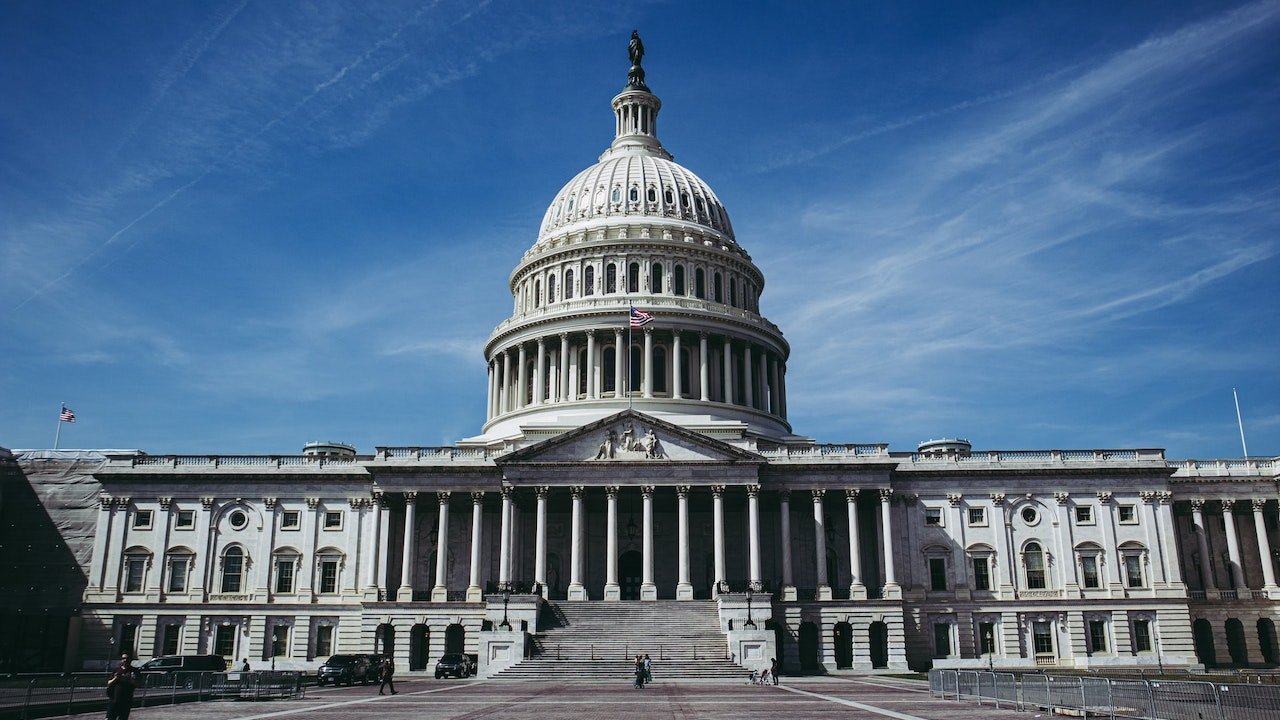Senators Graham and Warren have penned a New York Times article urging Congress to adopt new laws to bring "meaningful change" to curb Big Tech's influence on society.
Senator Lindsey Graham (R-SC) has previously announced plans to form a bipartisan regulatory commission overseeing Big Tech firms, and now with Senator Elizabeth Warren (D-MA), he has written an op-ed piece in the New York Times.
Now calling the proposal a "Digital Consumer Protection Act", Graham and Warren say "we need a nimble, adaptable, new agency with expertise, resources and authority," similar to the FCC and the Nuclear Regulatory Commission.
"Our Digital Consumer Protection Commission Act would create an independent, bipartisan regulator charged with licensing and policing the nation's biggest tech companies — like Meta, Google and Amazon — to prevent online harm, promote free speech and competition, guard Americans' privacy and protect national security," write the senators.
"The new watchdog would focus on the unique threats posed by tech giants while strengthening the tools available to the federal agencies and state attorneys general who have authority to regulate Big Tech," the continue.
"It's time for Congress to act," they say, while also noting that "Congress is too slow, it lacks the tech expertise, and the army of Big Tech lobbyists can pick off individual efforts easier than shooting fish in a barrel."
The senators lead their opinion piece with how Big Tech has "provided new avenues of proliferation for the sexual abuse and exploitation of children, human trafficking, drug trafficking and bullying and have promoted eating disorders, addictive behaviors and teen suicide."
They then argue that "nobody elected Big Tech executives to govern anything, let alone the entire digital world."
Consequently, they say that "today we're stepping up to that challenge with a bipartisan bill to treat Big Tech the way we treat other industries."
"Enough is enough. It's time to rein in Big Tech," they say. "And we can't do it with a law that only nibbles around the edges of the problem."
Beyond proposing a new federal agency in this New York Times article, it's not clear when the senators plan to put their plan to Congress. A previous Big Tech antitrust bill failed to become law when its backers were not able to secure enough support before Congress ran out of time.
 William Gallagher
William Gallagher








 Brian Patterson
Brian Patterson
 Charles Martin
Charles Martin


 Malcolm Owen
Malcolm Owen

 Christine McKee
Christine McKee
 Marko Zivkovic
Marko Zivkovic








